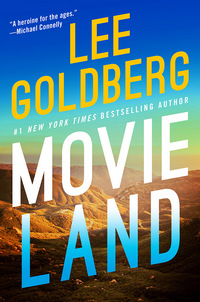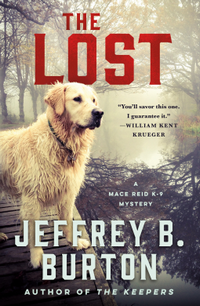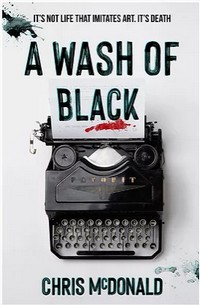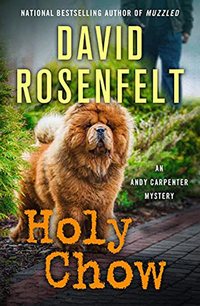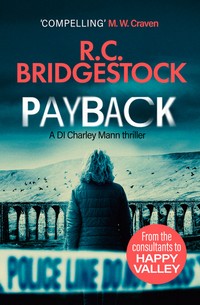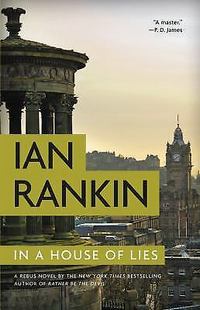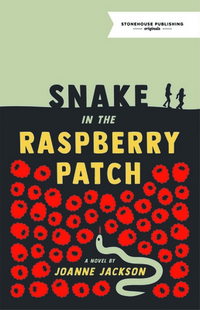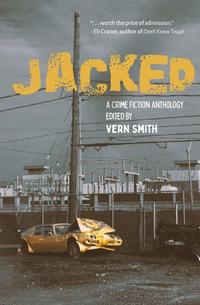 Jacked
Jacked
edited by Vern Smith
DETAILS: Publisher: Runamok Books Publication Date: July 1, 2022 Format: eARC Length: 258 pg. Read Date: May 23-26, 2022

What is Jacked?
Run Amok Books is a indie press from New Jersey, and they’ve recently launched a crime imprint. Jacked is their “inaugural anthology,” with 20 stories of all sorts of Crime/Thriller Fiction on display.
There’s some gritty realism, there’s some noir, there’s a police procedural/samurai mash-up set in the 80s, and there’s even a “cozy espionage” (a subgenre I learned was a thing in this book). You’ve got stories featuring cops, bikers, hipsters, thrill-seeking teens, kids just trying to survive, a mechanic, addicts, rookie publicists, and rookie criminals.
Some were harrowing. some were bleak, some made me grin, several shocked me, some depressed me, some made me recoil, and I didn’t really know how to react to a couple of them.
Basically, no matter how particular your Crime Fiction Taste is, you’re going to find at least one story in here that’s going to appeal to you.
Stories that I Have to Talk About
I thought about writing a sentence or two about each story but decided that never works out well for anyone—the post becomes too long to read and to write. Also, there are a handful that I’d end up ruining by saying something (a shocking twist in a 6-page story doesn’t carry an impact when you know it’s coming).
Looking over my notes, I found myself singing “One of these things is not like the others,” when I came to “Nick Flaherty and the Body in the Lab” by Anne Louise Bannon. While you get all sorts of things in an anthology, this seemed more unlike the rest than any other story. So it stands out just for that—but I think this would’ve stood out to me regardless. I like the protagonist’s style, the narrative voice, and the world that Bannon created here. This is a spin-off of her Operation Quickline series, and I’ve added the first one to my “Buy This” list.
I really should pay more attention to titles, I know (I really only think of them in retrospect). But sometimes it pays off—there’s a better than even chance that I’d have rolled my eyes at Matt Witten’s “The TikTok Murder” if I had. I’m an old crank, I can’t take TikTok seriously—and the murder of an up-and-coming TikTok star isn’t going to get me excited. But the single note I wrote about this when I was finished was “this is exactly what I wanted to read today.”
“Samurai ’81” by Andrew Miller is one of the best concepts I’ve run across this year—you’ve got a young LAPD detective being mentored by an older, but not that-jaded detective. Not just in how to be a better homicide detective, but in being a Japanese-American detective in the early 80s. Then you throw in modern-day samurai—with the swords and everything. Who puts these things together? And how isn’t this a series already? (seriously, I have money ready to spend)
I had to limit myself to these—there are another half-dozen I could go on about.
So, what did I think about Jacked?
As with just about every anthology, in this Whitman’s Sampler of Crime, there are going to be a couple of stories that you’re going to want to spit out after taking a bite. I won’t name those for me—because I know there are those people in the world who like those orange creams or cherry cordials, even if I don’t understand them. Percentage-wise, they were smaller than I’m used to in a collection as eclectic as this one.
But even the worst story was so well-written, so well-executed that I can’t write it off as bad, just…very not-for-me. But the rest were absolutely worth my time—every single one was a well-written short story and I could see where it would rise to the top of a submissions pile. Jacked is one of those collections that I’m going to remember for a while.
If this anthology is any indication, Run Amok Crime is one to keep an eye on as are every one of the contributors.
This post contains an affiliate link. If you purchase from it, I will get a small commission at no additional cost to you. As always, opinions expressed are my own.
![]()



